1. Did you know that there are different types of antennas? Indoor antennas, outdoor antennas, digital antennas, and HDTV antennas all have their own unique purposes. Depending on your needs, the type of antenna you’ll need will vary.
No matter where you live, there is usually an antenna system that can be installed to give you pristine access to media sources, even in remote locations you can find antenna services that can connect you, there are, however, some restrictions, but there still needs to be a signal that can be picked up within a reasonable distance, for example being deep in the bush or outback, there will likely be no signal for an antenna to receive from.
However, for more contemporary and urban locations, there is a whole host of antennas available that range from your “standard” tv antenna, all the way up to HD+ and digital antennas, and unlike previous generations of antennas, these can be as small as a box that sits in an out of the way position and still delivers a pristine viewing experience.
Depending on your location, circumstance, and budget, deciding on the right antenna system can be largely pain-free and is a lot easier when a professional antenna service is consulted as their customer service can give you expert advice to pinpoint exactly what you need.
2. You might not realize it, but the location of your antenna matters just as much as the type of antenna you choose. If you live in an area with a lot of trees or tall buildings, you’ll want to make sure your antenna is placed in a spot where it can get the best reception possible.
As we touched on above, the circumstances of your antenna installation are important, there is a myriad of different things that can change, hinder, boost or interrupt your signal, when you decide to get an antenna installation, you will need to take all of these factors into account before purchasing one, a reception problem is different to a signal problem.
The best advice for this comes from professionals who can give you exactly what you’re looking for when contacted and can explain the circumstances of what antenna system you will need and can usually give you free quotes.
3. Installing an antenna isn’t always a simple process. In some cases, you may need to hire a professional to help you get your antenna set up properly.
Simple antenna boxes are usually PnP (plug and play) however, for more intricate systems such as a full media antenna installation or tricky installations like point installation, Foxtel installations, tv wall mounting, and home theatre tv point, you will need to consult professionals that can set up your system as full installations can be tricky when it comes to installation and repair.
4. Not all antennas are created equal. Some antennas are better at picking up certain channels than others. If you’re looking for a specific channel, be sure to do your research to find an antenna that will work best for you.
Depending on what source you’re working towards, different antennas pick up different things, and, in addition, some signal sources will need a specific antenna setup such as HD signals, or digital tv reception signals, likewise short-range and long-range play their part in getting the appropriate antenna installation, a digital tv antenna installation, for example, will not work with an analog signal, however nearly all TV signals nowadays run on digital, this is just an example of making sure you define your goal before installing.
5. You may need to experiment with different types of antennas and different locations before you find the perfect setup for your needs. Don’t get discouraged if it takes a little bit of trial and error to get things just right.
As stated above, getting the perfect antenna installation requires some trial and error in some circumstances, what may work for others may not work for you, you can alleviate this problem to a degree by first taking stock of your circumstances e.g. elevation, nature density, location to signal source and others, while this can help to alleviate a lot of trial and error it’s not a cure-all and you may still need to try several systems.
Finding the right antenna system for you and your circumstances is paramount to having a pristine viewing experience when it comes to your TV, while there may be a bit of hassle to set up, you will be thankful in the long run when your TV reception and the signal is perfect every time you decide to turn on your TV and relax.
6. Once you have your antenna installed, it’s important to regularly check on it to make sure it’s still working properly. Give it a quick visual inspection every few months or so to make sure there’s no damage.
One of the most common things we’re called out for is antenna repair and maintenance, and unfortunately, these repairs might be needed to of not take place, leaving an antenna system untouched with regular checks can cause long-lasting and severe damage when a simple check once-a-month can lead you to discover things before they become a problem.
Making sure to keep your antenna free of debris, weather conditions, and other hazards can extend its lifetime by several years and should be regularly inspected so that you don’t need extensive and expensive repairs when something finally does break due to neglect.
7. If you notice that your signal strength is starting to decline, there are a few things you can try to improve it. Moving your antenna to a different location or adjusting the angle of the antenna may help.
Just like installing an antenna, over the years your circumstances can change, trees grow and fall, signal strength fades and your locations might not be the most optimal anymore, before contacting professional antenna installation services, a bit more trial and error can do wonders and can save you big time.
8. In some cases, bad weather can affect your antenna’s performance. If you live in an area with severe weather or other hazards, it’s a good idea to have a backup plan in place in case your antenna goes down.
Australia’s wild climate leads to freak weather events pretty regularly, this can cause havoc on antenna systems, hail and torrential rain can damage or destroy antennas, the best way to lessen the risk of this is by placing shelters near antenna systems if you live in these areas.
It also helps to have backup devices such as indoor antenna systems in case of damage, that way you can still continue using your TV until your full system is repaired.
9. There are a few things you can do to extend the life of your antenna. Storing it indoors when it’s not in use and avoiding exposure to direct sunlight will help keep it in good condition for longer.
Caring for your antenna will extend its life span, you can do this in several ways such as regular maintenance, visual inspections, keeping it out of hazardous weather, and keeping cleaned and maintained regularly, this includes an antenna cable, you would be surprised at how long a properly cared for the antenna can last compared to once that is left alone for years on end, it is highly recommended that you take these steps before contacting an antenna service.
10. When it’s time to replace your antenna, be sure to recycle the old one properly. Most electronic waste can be recycled at your local recycling center.
Finally, when you’re replacing your antenna, you should recycle it, this lessens the impact on nature, and nearly all parts of an antenna system can be recycled and salvaged and can continue to be useful, this generally extends to all types of antennas as they’re mostly made of electronics, metals, and plastics and are valuable in recycling.
If you’re unsure where to recycle the items that come from your antennas, most tips and dumps will have a separate section for them so that they aren’t being wasted or thrown in with regular refuse that is usually dumped and unsorted and will not be recycled.

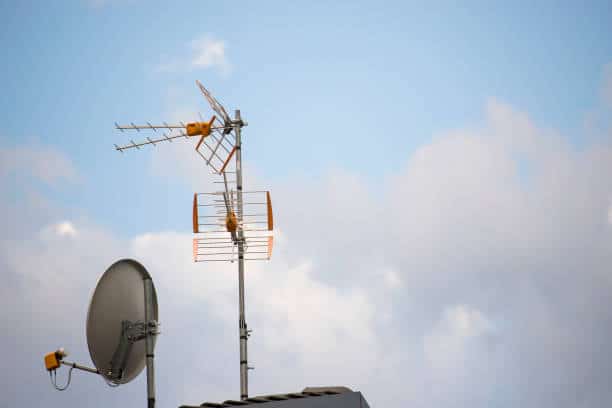
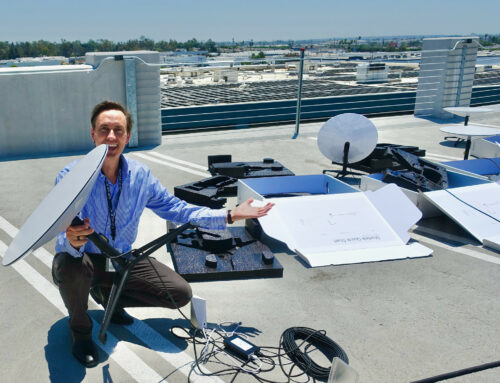
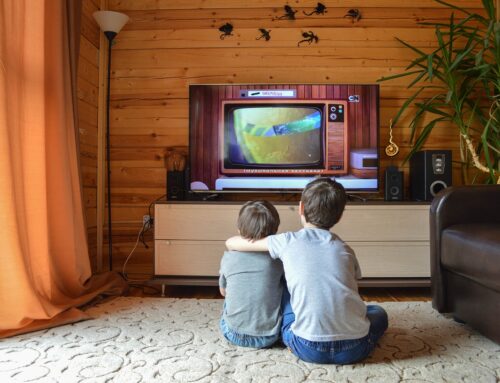
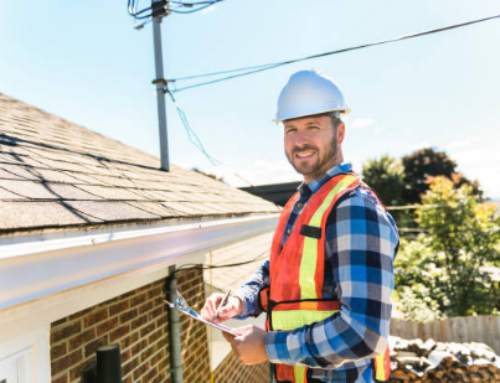
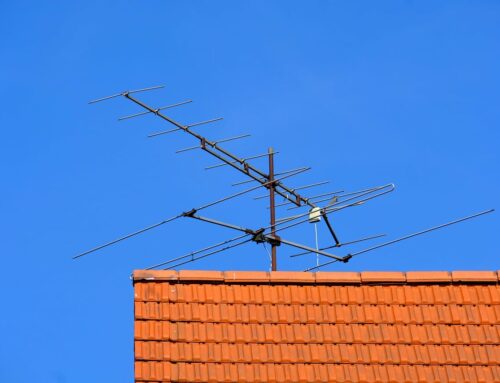
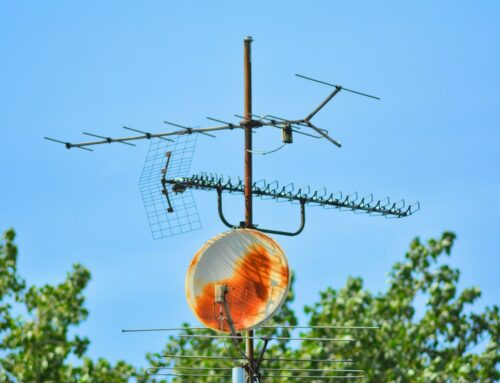
Leave A Comment